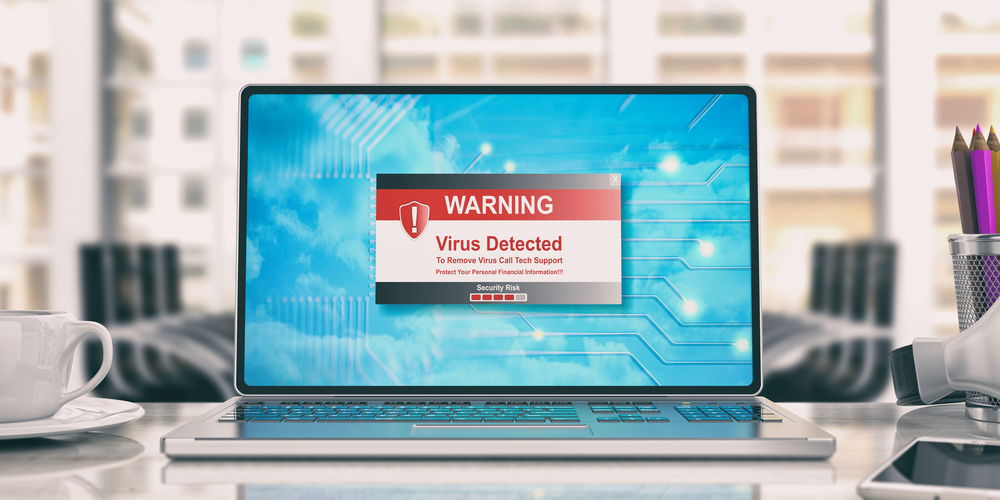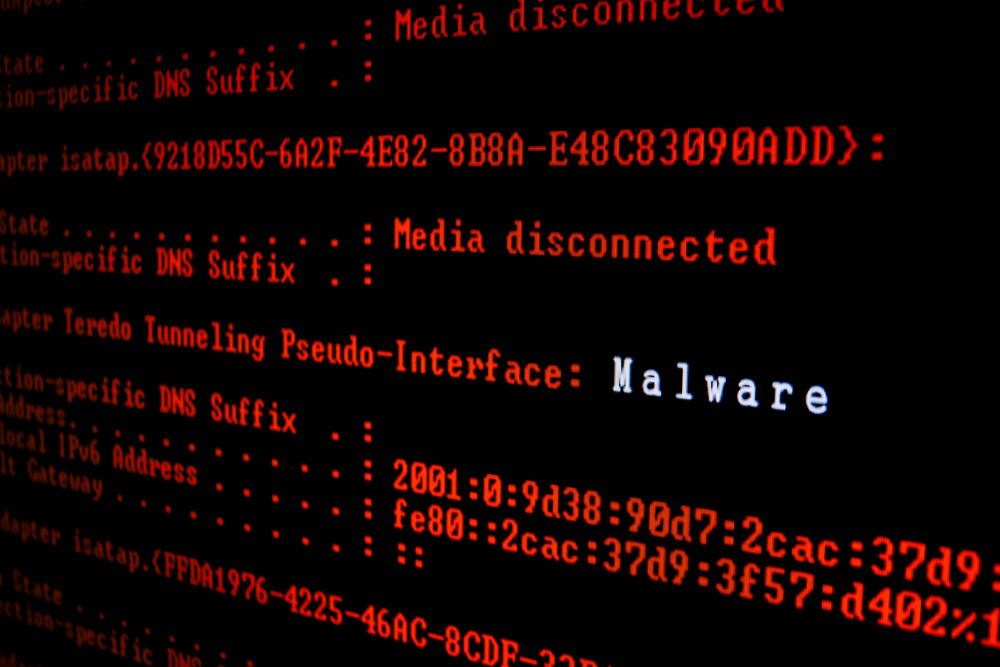Top Antivirus Software of 2018 for Complete Cybersecurity
Discover the top antivirus programs of 2018 designed to keep your devices safe from malware and cyber threats. From Avast to Norton, explore features, strengths, and considerations to choose the best cybersecurity solution that fits your needs and budget. Protect your data, privacy, and system performance with our comprehensive guide to leading virus detectors.

Leading Antivirus Programs of 2018 for Optimal Digital Protection
Ensuring digital safety is crucial for computer and mobile device users. Installing effective antivirus software helps prevent malware infections, protects personal data, and maintains system performance. A reliable virus scanner also monitors firewalls, manages updates, and restricts access to harmful websites, ensuring peace of mind. If budget constraints exist, free antivirus options can offer solid security. Popular choices include Avast, Bitdefender, and Norton, each with unique features. Comparing these solutions allows users to select the best fit for their security needs, safeguarding their online experience efficiently.
Here’s a curated list of top antivirus programs in 2018:
Avast and AVG
In 2017, Avast acquired its competitor AVG, merging their malware detection engines for enhanced security. Avast stands out with its user-friendly interface, integrated password manager, network scanner, and minimal system impact. It provides robust antivirus protection across the board.
Bitdefender
Known for high malware detection rates, Bitdefender’s free version covers essential security features while exerting low system resource usage. Its simple interface may be challenging to navigate for some, and features like scheduled scans are absent in the free edition.
Avira
Though Avast and AVG have overshadowed it, Avira remains a solid choice with customization options, an interface packed with features, including a VPN and password manager. However, its heavy system demands can be a drawback.
Panda
Panda offers a pleasant user interface with moderate system impact, especially effective on Windows 10. Its free version provides reasonable malware protection and is easier to use on newer operating systems.
Windows Defender
Once considered basic, Windows Defender now delivers high malware detection rates. Available on Windows 8.1 and 10, it performs well during full scans but can affect system performance and offers limited browser protection, making additional antivirus programs advisable.
Malwarebytes
Unlike traditional antivirus, Malwarebytes acts as a dedicated malware cleaner, effective at removing existing infections. It complements other antivirus tools perfectly, making it ideal as a secondary security measure.
Kaspersky Internet Security
Kaspersky is known for low system impact and high malware detection accuracy. It includes features like webcam security, parental controls, and anti-tracking tools. Although paid, a trial version helps assess suitability before purchase.
Norton
Norton offers comprehensive protection but comes with a higher price point. Its trial version provides an opportunity to evaluate its features before committing.
Sophos
Ideal for families, Sophos includes parental controls, website blocking, and remote management features. Its malware detection is moderate, but its focus on user-controlled content filtering makes it valuable for household security.
Each antivirus solution has pros and cons. Users should compare options carefully to identify the best software aligned with their security needs.










